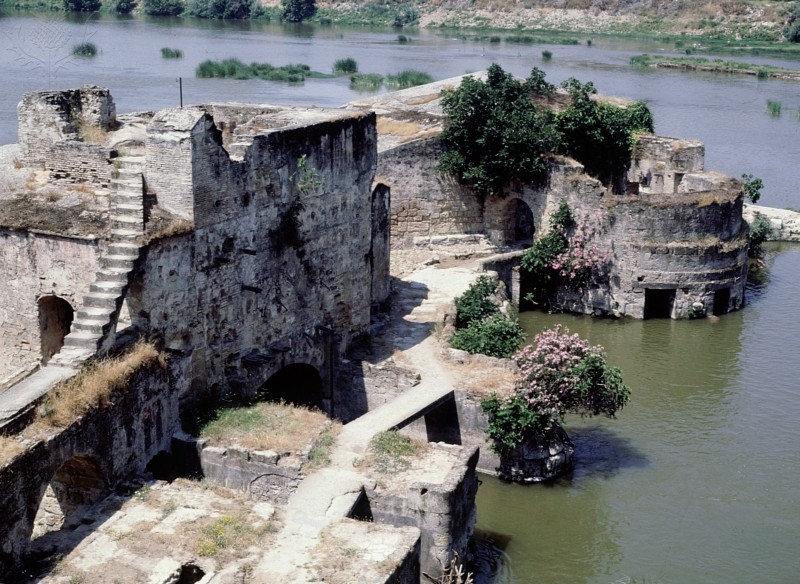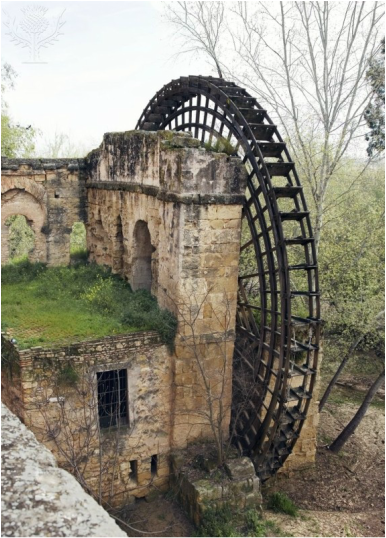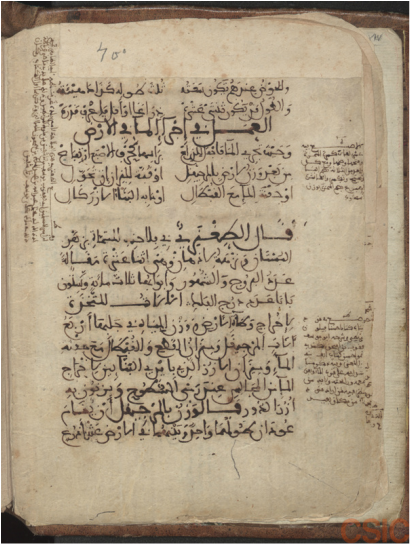Agriculture
In Al-Andalus, the Muslims completely changed the agriculture of the desert land into the gardens. Muslims revamped the irrigation system, and other systems in order to better the agricultural system. New crops such as cotton, rice, sugar, artichokes, and oranges were introduced and cultivated.
|
“Improved techniques of irrigation were introduced and new crops to benefits from them such as rice, spinach, and sugar-cane.”
Spain A History, Raymond Carr “This agricultural development was one of the glories of Muslim Spain and one of the Arabs’ lasting gifts to the land, for Spanish gardens has preserved to this day a ‘Moorish’ imprint."
Philip K. Hitti, Scholar & an author of Arab and Middle Eastern History |



